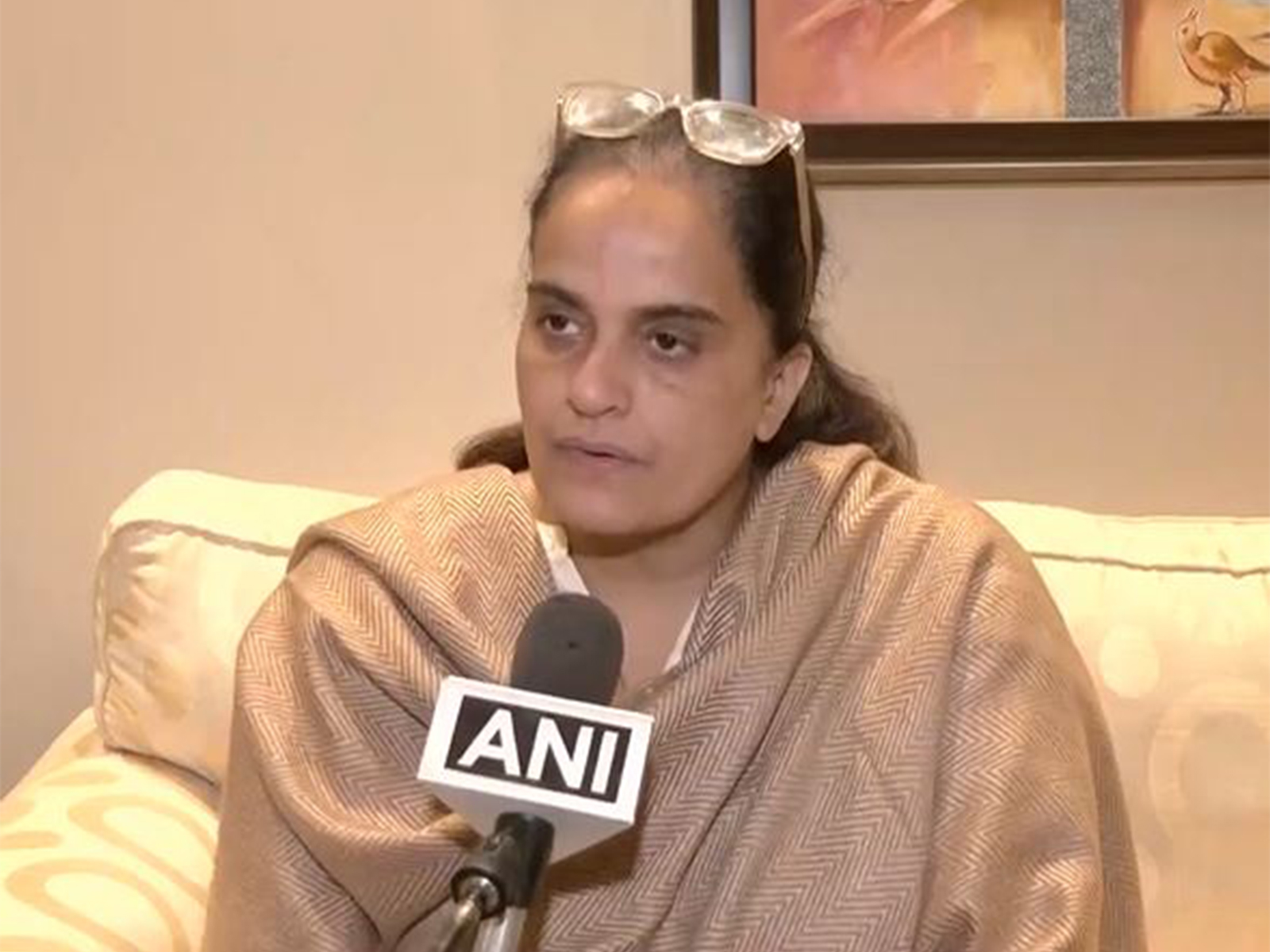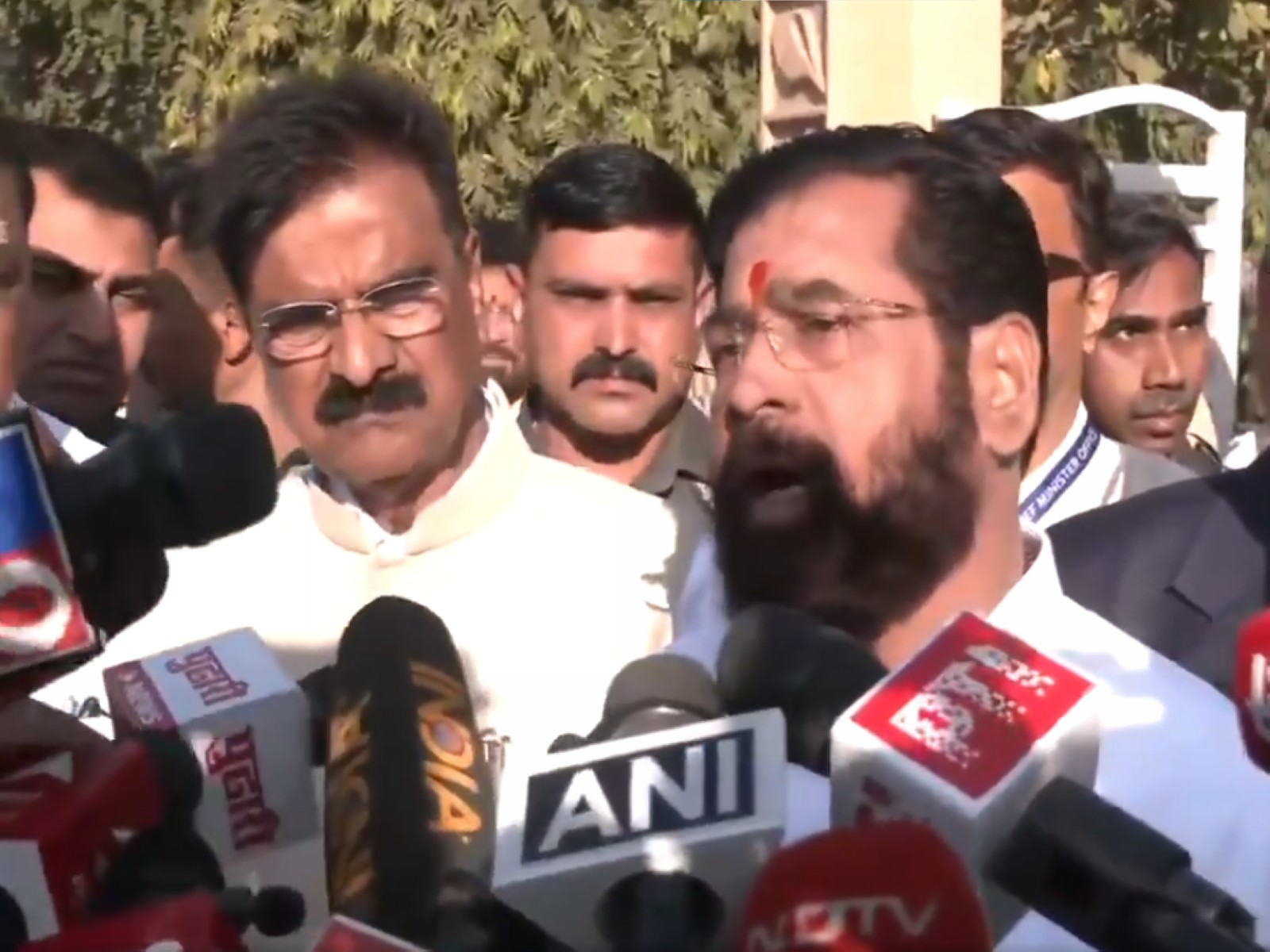Japan: G7 vows to phase out fossil fuels but sets no date for ending coal power use
Apr 16, 2023

Sapporo [Japan], April 16 : Group of Seven environment and energy ministers vowed to accelerate the phase-out of natural gas and other fossil fuels to achieve net zero greenhouse gas emissions by 2050 but failed to set a clear deadline for ending coal power use after their two-day talks that ended Sunday, Japanese News Agency Kyodo reported.
Japan, which presided over the meeting in the northern city of Sapporo, has been reluctant to agree to a specific time frame for ending the resource-poor country's use of coal given its likely need to rely on the energy source for at least most of the 2030s, despite a push by Britain and Canada to end the practice, Kyodo News Agency reported.
Japanese Economy, Trade and Industry Minister Yasutoshi Nishimura told a press conference that his country will work hard to phase out so-called unabated fossil fuels, which includes gas, oil and coal, in the power sector for the first time, after the G-7 agreed on aiming to do so.
Unabated is used to describe fossil fuels when a plant has not invested in pollution control technologies, such as carbon capture and storage, Kyodo News Agency reported.
The inclusion of natural gas within the phase-out goals adds pressure on Japan, which plans to rely on the energy source for around 20 per cent of its electricity generation in fiscal 2030, alongside coal for roughly 19 per cent and crude oil for around 2 per cent.
"We confirmed we will achieve carbon neutrality while recognizing that the path to reaching that target will vary depending on each country's circumstances and energy situations," Nishimura said, suggesting that the country maintains support from its G-7 peers on the use of fossil fuels for now.
The ministers reiterated their countries' commitment to "fully or predominantly" decarbonizing the power sector by 2035 in a joint communique issued after their meeting, Kyodo News Agency reported.
The ministers also said in the communique they will seek to collectively reduce carbon dioxide emissions from G-7 vehicle stock by at least 50 percent by 2035 or earlier, compared with emissions levels in 2000, as a halfway point to achieving net zero.
Japan was cautious about setting specific numerical targets regarding increasing zero-emission vehicles or electric vehicles in terms of market volume given the competitiveness of the country's major automakers in gasoline-electric and plug-in-hybrid vehicles, Kyodo News Agency reported.
The gathering marked the first of a series of in-person ministerial meetings in the lead-up to the summit in May in Hiroshima, focusing on ways to reach the G-7 members' target of realizing carbon neutrality by 2050 through a reduction in fossil fuel reliance and the expanded use of renewable energy sources.
The G-7 reiterated the importance of "significantly increasing the pace and scale of deployment of renewable energy" as part of efforts to enhance energy security through diversifying energy supply, citing the collective efforts made to increase offshore wind capacity of 150 gigawatts by 2030 and solar power to more than 1 terawatts by 2030, Kyodo News Agency reported.
Energy security has been a key agenda for G-7 ministers, who represent the member states of Britain, Canada, France, Germany, Italy, Japan and the United States plus the European Union, following the invasion of Ukraine by Russia, a major fossil fuel exporter.
The Ukraine crisis caused prices of oil and gas to soar and pushed some importers to shift to coal and natural gas, slowing efforts to cut greenhouse gas emissions.
The G-7 also noted the use of hydrogen and its derivatives such as ammonia in the power sector as a potential solution to working towards zero-emission thermal power generation, a method Japan has been promoting, Kyodo News Agency reported.
Japan plans to make hydrogen a widely used source of energy, as it only emits water when combusted. It will be used not only to power vehicles and homes but also to reduce CO2 emissions from thermal plants by mixing it with coal and gas.
The meeting took place amid a UN climate panel pressing for rapid climate action, saying in a March report that for global temperature rises to be kept to 1.5 C compared with pre-industrial levels, the target under the Paris Agreement, the world needs to halve CO2 emissions by 2030 from 2019 levels and cut them by 65 per cent by 2035.
In the communique, the G7 highlighted their "increased urgency" to reduce emissions in light of the latest findings in a report by the Intergovernmental Panel on Climate Change.
The G7 also touched on responses to the 2011 Fukushima nuclear plant disaster, triggered by an earthquake and tsunami, saying they "support" the UN nuclear watchdog's review to ensure Japan's plan of discharging treated radioactive water into the sea that had been the building up in the crippled complex is safe, Kyodo News Agency reported.
The plan has faced opposition from the domestic fishery industry, as well as neighbouring countries, including China. The ministers called for the disaster cleanup process to be conducted in "an open and transparent manner, in close communication with the international community."
The G7 ministers also affirmed a plan to ensure a transparent and sustainable supply of critical minerals, including lithium and cobalt, the supply of which is dependent on certain countries, such as China, Kyodo News Agency reported.
Amid growing concerns over marine waste, the G-7 members said they would work toward "the ambition" of reducing additional plastic pollution to zero by 2040, moving forward with a target agreed by the broader Group of 20 frameworks in 2019 by 10 years.



















